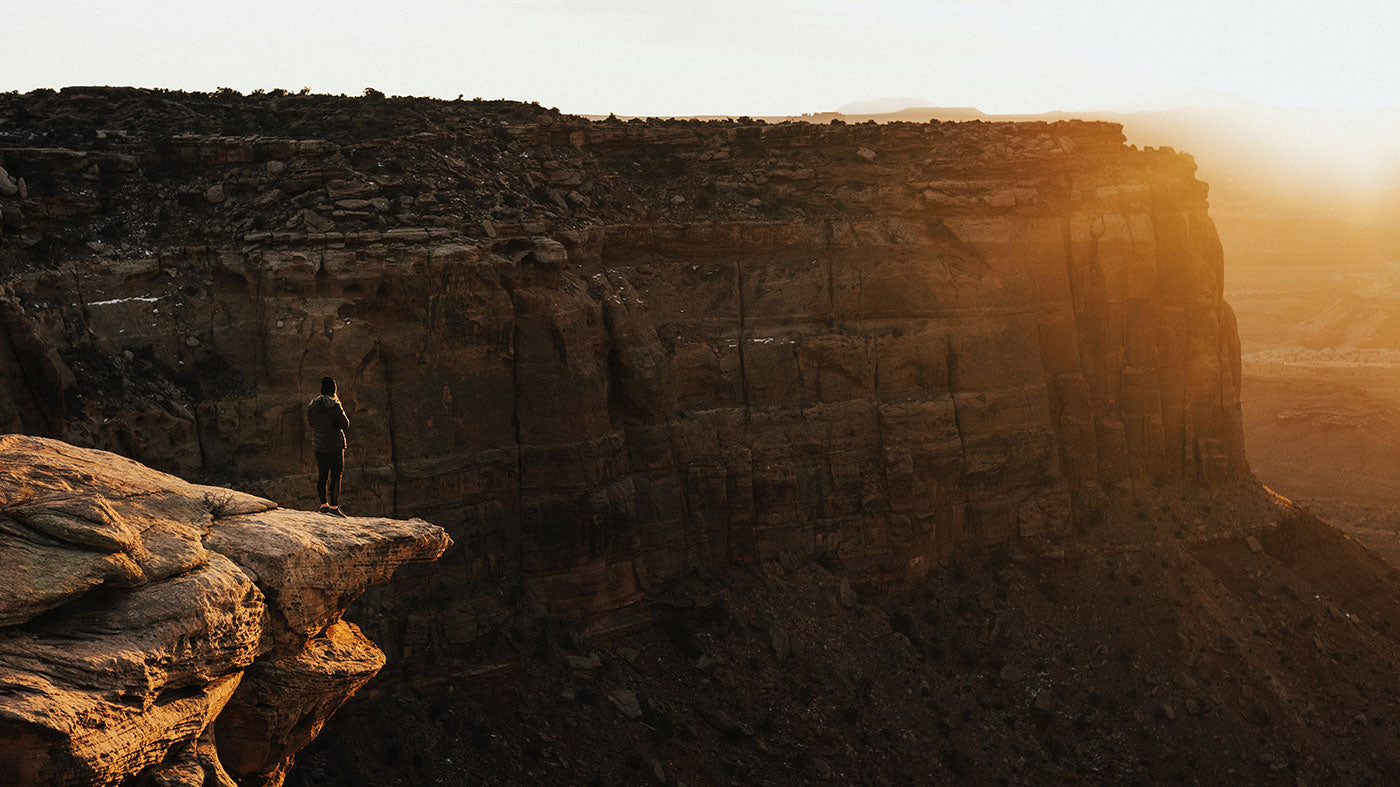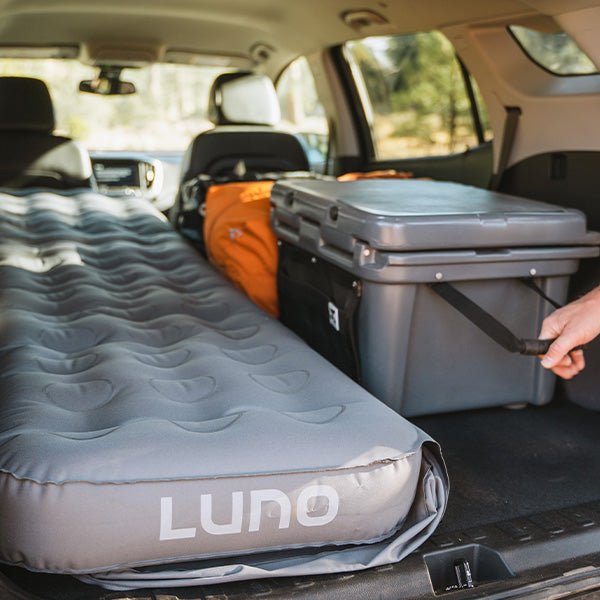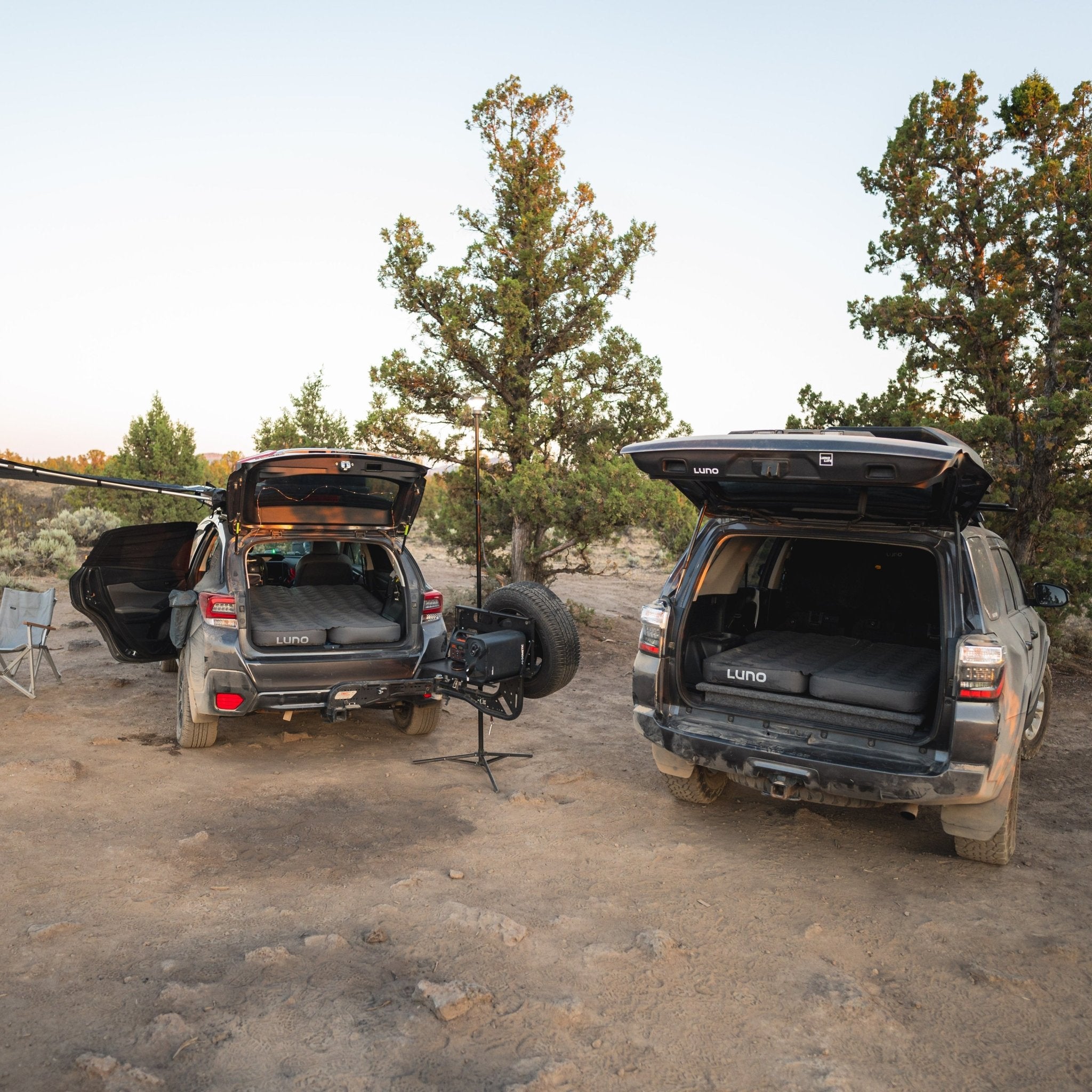Leave No Trace is the golden rule of outdoor adventure. Here are the answers to some important questions so you can protect and preserve the outdoors for future travels!
Why is Leave No Trace so important?
Leaving no trace is crucial to preserve the outdoors for the next generation of explorers. Our time in nature is a privilege made possible by travelers who have done their part to keep the wilderness wild!
Does Leave No Trace just mean taking everything with me when I go?
No! Leave No Trace principles also encompass how travelers actively engage with nature.
What should I do prior to my trip in order to Leave No Trace?
The best way to ensure that your mark on the outdoors is no mark at all is to have a game plan. You should have an exit plan for every item you pack on a trip. Reviewing the rules and regulations of the site you’re visiting is another excellent way to prepare for a trip.
Are campfires against the Leave No Trace practice?
It’s a split jury when it comes to the permissibility of campfires. Unfortunately, campfires are a source of air pollution; they release a cocktail of unfavorable chemical compounds into the air as they burn. Nitrogen oxides, carbon monoxide, and particulate matter are a few of the less-than-stellar pollutants that come with burning firewood. Luckily, a little mindfulness can seriously minimize your trace so you can still enjoy those s’mores.
How can I burn an ethical campfire?
Keep it right and keep it tight. Resist the urge to start a massive bonfire. Keeping the size of your fires to a minimum will help to reduce their environmental impact. Also, aim to use only local fuel for your campfires! Native wood is the most sustainable fuel for a fire. Bringing outside wood into a foreign environment can introduce new species to the ecosystem which may present a potential problem for the food chain.
Do NOT take the wood off trees to throw in the fire pit. Since trees absorb man-made air pollutants, burning wood from trees releases concentrated toxins into the air. Instead, look for small bits of dry, brittle wood. Dry wood and thin sticks burn a hotter fire to burn unwanted gases more effectively and release fewer pollutants.
Can I burn my trash instead of carrying it out?
Burning trash poses a litany of potential threats to the environment. For starters, nothing is really fully combustible at campfire temperature. This means that burning trash is littering the landscape since the fire is unlikely to fully destroy your waste. Even after trash is burned, there is still the possibility that animals may get into the ashes and consume harmful waste remnants.
Additionally, burnt trash often releases many toxins into the air. Many single-use plastics leave behind dangerously high levels of lead that can be harmful to the environment when burned.
Is it acceptable to leave human waste behind?
Pooping in the woods is a unique art form. As always, the ideal approach for human waste management is to take it to-go after you go. Other environmentally-friendly ways to poop include the dig and ditch method and a tasty sundried approach. Learn more about how to drop it like it’s hot here.
Can I venture into unmarked territory if I make sure to take everything with me when I leave?
It can be enticing to seek seclusion by camping where no one else has ever camped before. However, the thrill of uncharted territory comes at a cost. The secret spot that you use for a tranquil escape is not so secret after all since there are probably dozens of species that already inhabit the area. Better to play it safe than sorry and steer clear of unmarked territory to stay in the locals’ good graces.
What CAN I take with me from nature?
You can take photographs and memories! Taking wildlife out of nature, plants included, disturbs the fragile balance of the natural ecosystems that we so enjoy visiting. Out of respect and consideration for wildlife and travelers to come, it’s vital that the outdoors stay outside.
Why are Leave No Trace policies so strict?
Leave No Trace policies may seem overwhelmingly strict at times, but it’s important to remember their larger purpose of conservation. The smallest manmade changes in nature can easily domino into much larger environmental impacts. Think of yourself as a guest in the home of the local species. Strict abidance to purposeful rules is necessary to avoid damage to fragile ecosystems.
Leave No Trace policies are at the top of our list of our car camping essentials. Abiding by these conservation rules is the best way to protect the beauty of nature for future adventures!













